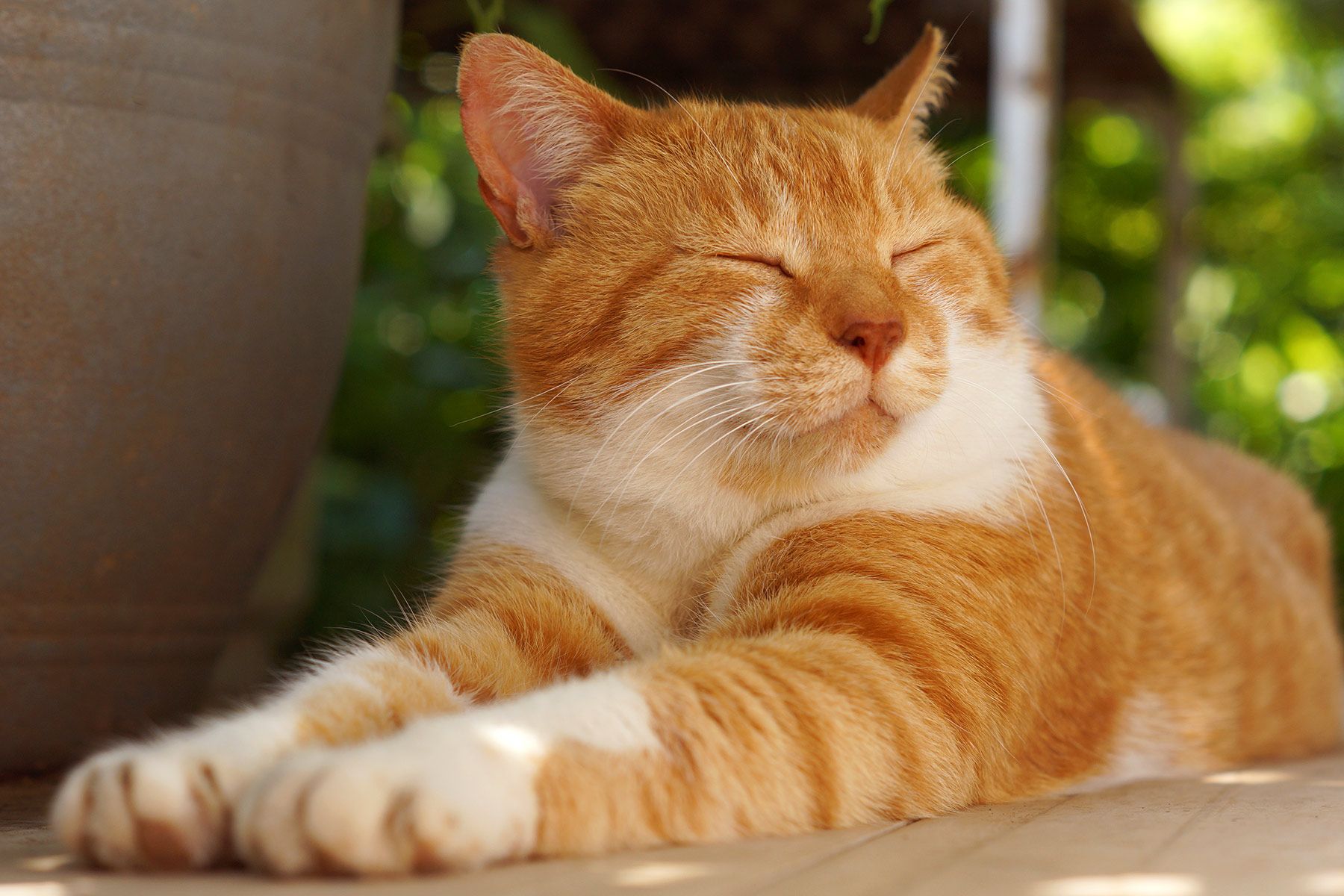
Kidney disease is one of the most severe conditions that can befall your cat, even if you don’t notice the symptoms at first. If your cat meows after eating, it might indicate issues with your pet’s kidneys, but other symptoms are also shared with this condition.
The kidneys are the primary organ that eliminates waste from the body via urine, so when they aren’t functioning correctly, they can wreak havoc on your cat’s health.
This article will explain what you can do to identify kidney diseases in cats and find treatment options.
Loss of Appetite
As your cat’s kidney function decreases, it may begin eating less or not at all. The condition can be caused by anemia, low red blood cell count, which is very common in cats with kidney disease. A typical red blood cells count in a cat is 35. Anything below it can be a matter to worry about.
If your cat stops eating, you should take it to your veterinarian immediately.
Constipation
If your cat meows after eating, it may also be due to constipation. If you notice your cat seems sluggish or isn’t as active as usual, then constipation may be a factor. A lack of fluids and fiber usually causes this.
Try adding more fluids to your pet’s diet and increase fiber intake with healthy fruits and veggies. You can also consider giving a laxative designed for cats. If the issue persists, call a vet.
Vomiting
A symptom commonly associated with kidney disease is vomiting. Some cats will vomit up their food or water, while others vomit yellowish bile. It can be a severe symptom that needs immediate medical attention. If your cat is exhibiting signs of vomiting along with any other symptoms, you should contact your vet immediately for further evaluation and testing.
Weakness
Not every time a cat meows after eating due to kidney disease. In many cases, a cat, instead of meowing, may be significantly less active. If you notice weakness as a symptom, you must contact your veterinarian, as it can signify other health issues, like congestive heart failure.
Weight Loss
Weight loss is a common symptom of chronic kidney disease(CKD) in cats. As CKD progresses, your cat may lose appetite, become less active, drink more water, urinate more frequently, and have a poor-quality hair coat. If you notice any one or a combination of these symptoms, you should take your cat to a veterinarian for an evaluation.
What to Do If Your Cat Is Suffering from A Kidney Disease?
If your cat is suffering from kidney disease, ensure that it drinks plenty of water to prevent dehydration. If your cat cannot control bowels, provide it with another litter box or place a litter box in its favorite place. Make sure to consult your veterinarian about proper care for your particular cat.
The Bottom Line
Chronic kidney disease can develop slowly in cats, so owners may not realize a problem until it’s too late. If your pet has any of these symptoms and meows a lot after eating, the best thing is to seek out immediate veterinary care.
Leave a Reply